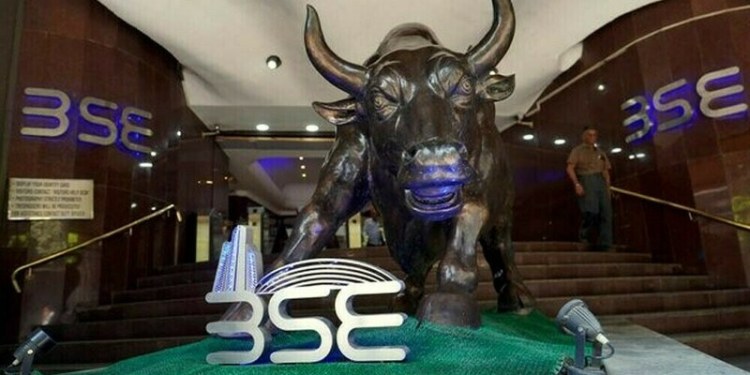By Ian Chua
SYDNEY (Reuters) – Fresh signs of global economic stability drove Asian stocks to a three-month high on Tuesday as investors turned their attention to more data out of China, while oil nursed heavy losses as fears of an imminent U.S. military strike against Syria receded even further.
Russia on Monday proposed to work with Damascus to put its chemical weapons under international control, a move that President Barack Obama said could be “potentially positive”.
Benchmark Brent oil prices fell 0.8 percent to $112.85 in early Asian trade, extending Monday’s 2.1 percent slide. Lower oil prices are usually a positive development for Asia, a region that relies heavily on imports for its energy needs.
MSCI’s broadest index of Asia-Pacific shares outside Japan rose 0.4 percent, extending Monday’s 1.3 percent gain to reach highs not seen since early June.
Tokyo’s Nikkei climbed 0.8 percent, adding to Monday’s 2.5 percent rally on euphoria that Tokyo has won the rights to host the 2020 Olympic Games.
China’s trade and inflation data this week have pleased investors and the market is hopeful that industrial output and retail sales will provide more evidence the world’s second biggest economy has averted a sharp slowdown.
A recent run of upbeat factory activity data from China, Europe and the United States further underlined that the global economy was on a firmer footing.
In a slight twist to this narrative, however, market sentiment, particularly for emerging markets, found further support after disappointing U.S. jobs data on Friday raised doubts about whether the Federal Reserve can scale back stimulus in any significant way next week.
A Reuters poll on Monday showed economists generally expect the Fed to announce a reduction in its massive $85 billion monthly bond-buying programme by a very modest $10 billion.
Such an outcome should be good news for emerging markets, which have suffered from an outflow of funds as investors positioned for a world with less easy money from major central banks.
On Monday, Thai stocks boasted gains of 3.6 percent, while Indonesia rose 2.9 percent. That spread to Latin American markets overnight.
The MSCI emerging equities index advanced 1.9 percent to a three-month high on Monday and has rallied more than 4 percent in the last four trading sessions.
“There is no denying that the market backdrop for now is more supportive, especially if you also consider the strong data coming from China. But I am afraid what we are currently observing is a just a short-term bounce,” said Benoit Anne, strategist at Societe Generale.
“I don’t buy the argument that the global emerging market correction is over. Outflows have been robust over the past few weeks and are showing no signs of reversal. But at the same time, positioning in local debt markets remains rather elevated. This to me suggests that there is more pain to come.”
The disappointing U.S. jobs data has cast a long shadow on the dollar, which fell further on Monday as investors continued to cut bullish positions.
Adding to the uncertainty, San Francisco Federal Reserve Bank President John Williams said on Monday he hasn’t made up his mind yet over whether to support a reduction in the Fed bond purchases.
The dollar wallowed at a 1-1/2 week low against a basket of major currencies, having fallen 1 percent since Friday.
That helped the euro recover from last week’s selloff sparked by dovish comments from the European Central Bank. The common currency last traded at $1.3254, having hit a 1-1/2 week high of $1.3281 on Monday.
The greenback fared better against the yen, which sagged on Monday as the Nikkei rallied. The Japanese currency has tended to move inversely to the Nikkei this year.
The dollar fetched 99.68 yen, down from a pre-jobs data high of 100.24 on Friday.
Analysts at BNP Paribas said it was too early to turn bearish on the dollar. “This is more of a temporary setback than a game changer for USD bulls,” they wrote in a note.
They cited Fed tapering risk, the chance of U.S. data surprising to the upside and the possibility of Larry Summers being nominated for the Fed Chairman position as dollar positive factors.
Copper, benefiting from growing optimism over China, was steady at $7,205 a tonne, having climbed from last week’s trough of $7,082.
(Editing by Shri Navaratnam)
Source: Reuters



























